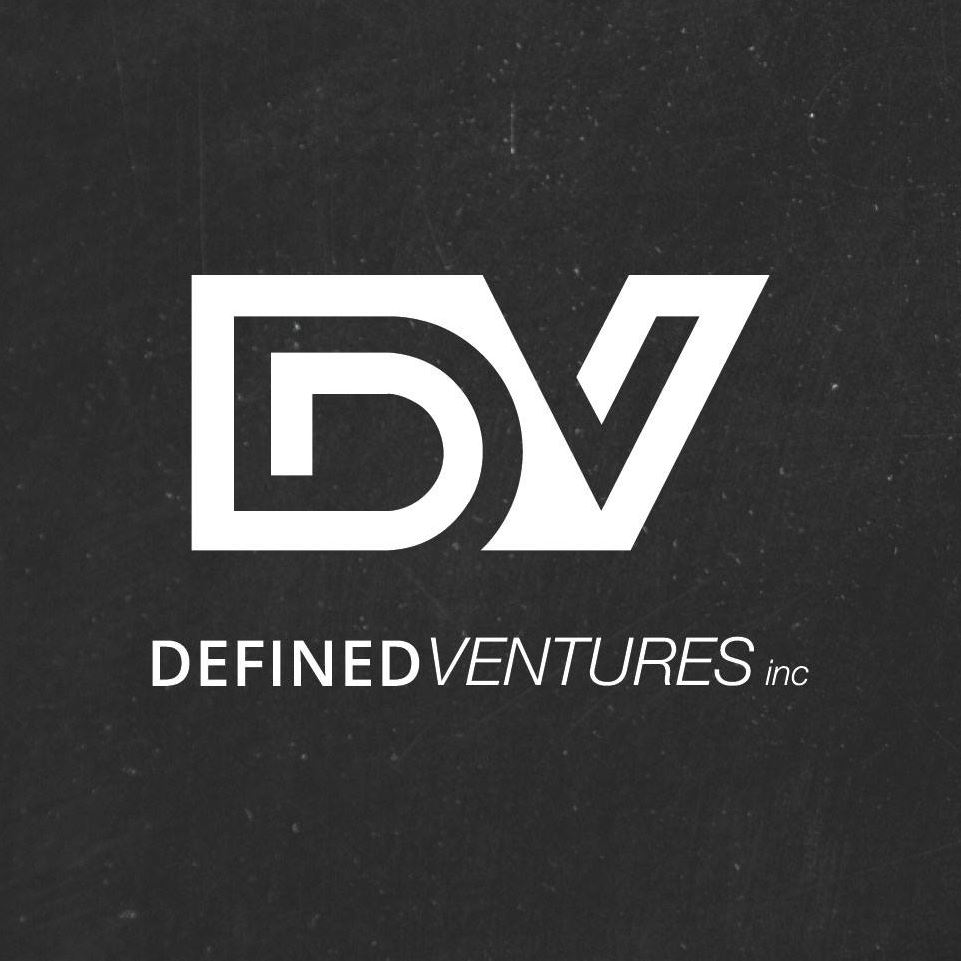In the business world, there’s a common misconception that off-the-shelf (OTS) customer relationship management (CRM) software is basic, cookie cutter, and only suitable for the most trivial of needs. This stems from a pervasive idea that managing customer relationships is simple and straightforward for businesses, too. Neither of these opinions really represents reality.
Getting to the Truth
In reality, managing customer relationships can be an incredibly industry and business-specific process. Standard relationship management strategies do exist (many of them are highly sound), but nearly all businesses eventually discover the need for at least minimal customization. Assuming that only custom-designed software will do, they turn to expensive hand-created platforms in an effort to solve the issue.
The trouble with this concept lies in the fact that it supports the idea that CRM is somehow lacking in the first place. Newer CRM platforms provide so much more than just OTS software that can send emails and reminders. From massive improvements to artificial intelligence (AI) to finding new ways to forge connections with progressive millennial populations, there are so many reasons why modern CRM excels.
Next, we’ll explain what makes next-gen CRM platforms so special. Then, we’ll touch on exactly why tossing out OTS software for doesn’t always make sense.
Incredible Improvements to AI
Most people think of AI in terms of video games, chat bots, Siri, and Microsoft’s Cortana. To be clear, these absolutely are examples of AI in use within today’s world, but the term itself also refers to the algorithms that make most software programs tick.
Essentially, any software that has the ability to mimic human interpretation and/or behavior qualifies as AI. For CRM users, an advanced AI is especially helpful as it allows the program to see behaviors and actions from a human perspective, changing the usefulness of data by presenting it in new ways.
A recent technology review by the Massachusetts Institute of Technology (MIT) goes so far as to suggest that we’re in the process of entering a “golden age of AI.” MIT researchers believe that AI can interact with customer, gather massively improved data, and even identify opportunities within customer data better than we’ve ever been able to before.
Spotify’s VIP of growth, Mayur Gupta, agrees. He gives the perfect example of an app that sees a customer need and responds to it on the spot.
“We see you’re heading home to O’Hare Airport. Click here if you’d like to reserve a car service pickup when you arrive.”
Making Sense of Data Connections
In the same article, Gupta also points out the potential gains advanced CRM software brings for managing and visualizing data. The CEO explains that well-made CRM software is all about “bringing all these signals in one place, forming these signals into an insight [so] I can take an action.”
Five years ago, most CRM platforms did little more than provide you with basic access to various data points. Integrations existed, but they, too, often required manual interpretation and study, and that ate up precious time for businesses. Modern OTS CRM goes beyond this to automate and connect multiple data input points, so it’s easier to find what you need and understand how it fits into the bigger picture.
Add into this the potential for AI to interpret the customer’s behavior and you effectively wind up with a much more in-depth dataset. And, as nearly all businesses know, more thorough data means better planning and responses to customer needs.
Tech That Better Understands Users’ Needs
OTS CRM software is also evolving to better understand and serve users from an individualized perspective. Some of these improvements are due to AI advancements, while others stem from designers recognizing what’s contentious or disliked in the first place. Either way, customers are better able to control interactions without compromising the goals of the business — an effective compromise.
One example of CRMs failing to appropriately interpret opportunities and responses likes in automated intrusive advertising. Previously, some platforms would initiate a warm or cold pitch and/or notification simply because the customer recently interacted with the business, no matter what happens within the interaction.
It seemed logical at first, and sometimes, it was even effective. After all, even the worst pitches will occasionally produce success if you run them in a high enough volume.
But this catch-all approach also led to customers receiving sales pitches and call-to-action style emails when they were experiencing problems or upset about issues with the business. Instead of receiving support and/or apologies, customers saw it as the business trying to soak them for additional sales before they parted ways. That’s a relationship killer, not a management technique.
Newer CRMs have the ability to not only judge when opportunities exist, but also to judge how valuable and/or useful the opportunity is as a whole. Thus, the system can identify when it should and shouldn’t send notifications, reminders, and pitches.
Here’s an example of this in action:
Older-Generation CRM
Two customers interact with a business Facebook page. One likes a recent post, the other posts an angry message demanding a refund on the page wall. An integrated CRM platform automatically issues a privately messaged notification about the current sale, calling on both customers to make a purchase. Customer one makes a sale, and customer two is even more upset by receiving a sales pitch rather than a support attempt.
Next-Generation CRM
The same two customers experience the same two interactions with the business Facebook page. Rather than automatically issuing sales pitches by private message, the system first interprets each interaction. It first issues the call-to-action to customer one, who takes the link and makes a sale. Seeing the word “refund” in the post from customer two, the system instantly flags the post for internal attention. It also messages customer two with contact information for support and/or notifies them that the support team will contact them shortly.
Both of these examples effectively do the same thing — they identify opportunities to improve the customer relationship and/or meet your business goals. But the second is much more respectful of the customer and his or her needs, preventing further negative interactions and potentially, saving the second customer altogether.
Better Suitability Right Out of the Box
Spotify’s VP of Growth does appear to suggest he prefers customized software rather than OTS software, but that’s only at face value. What he’s really suggesting is that Spotify, as a company, needs their CRM platforms to work with them, rather than against them. And unfortunately, a great many older-school platforms just aren’t advanced enough to do that.
Next-generation CRM is a healthy mixture of both integrated customizable solutions and restricted OTS software. It makes extensive customization possible right out of the box, so the business can choose how, when, why, and what they customize as they see fit.
Perhaps more important is the fact that these newer CRM platforms are just plain better right off the shelf than they were before. Better data tracking, improvements to AI, improved data visualization, more opportunities for integration, and improvements to user-friendliness means: next-generation CRM platforms and solutions can significantly compete with custom-designed solutions, especially for small to medium businesses and all but the most sprawling corporations.
President and founder of DVI, Aaron Boerger realized early in life that he had a unique combination of x-ray vision and business acumen for seeing the weaknesses that held businesses back – and the ability to define the right tools, technology and strategy to make them stronger.
From founding a successful technology support business in his early teens, to serving as Chief Operating Officer for several companies in the financial, technology and marketing industries, Aaron has developed a reputation for reinventing technology implementation tactics – and the willingness to tell people not what they want to hear, but what they need to hear, in order to achieve success without overwhelm.
Aaron will always go the extra mile to provide the accountability and support his clients need to achieve their goals, yet isn’t afraid to tell them when they are doing something wrong.

